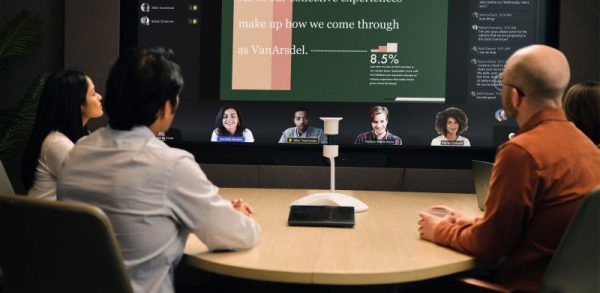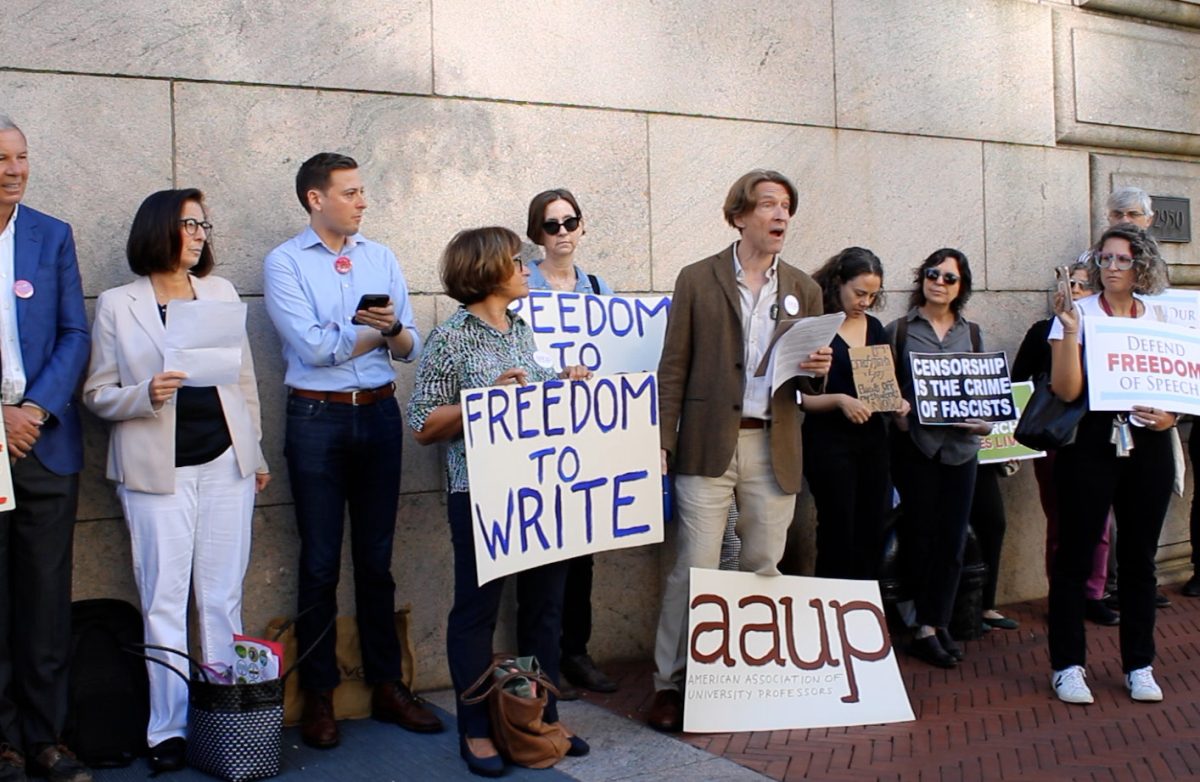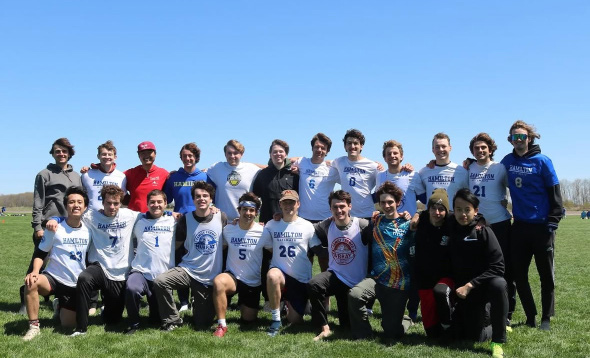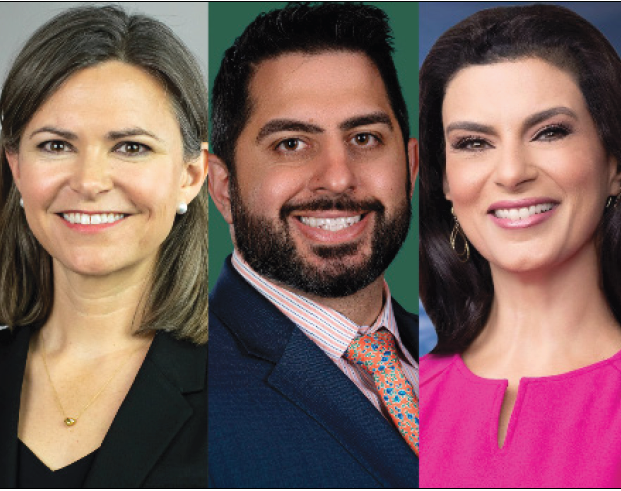
Ever since the early 2010s, coding has been an increasingly central part of American society. In 2013, Obama addressed the nation by urging students to learn computer science in schools, predicting an impact that would “change the way we do just about anything.” Later that same year, Microsoft CEO Bill Gates and Facebook CEO Mark Zuckerberg adopted a similar position. Alongside a barrage of other tech moguls, they launched the “Breakthrough Prize,” a $3 million annual package rewarding the brightest American talents conducting groundbreaking research within the coding industry. Across the U.S., the “Learn to Code” initiative partnered with Code.com to offer middle and high-school students crash courses to expand their knowledge and chart promising futures. A decade ago, it seemed as if the opportunities for software engineers were endless. Today, the future looks grim. As companies like Amazon and Microsoft lay off workers in favor of AI-coding tools, computer science majors may anticipate industry shifts.
As a Computer Science student himself, Branden Secaira ’27 shared fears for his post-graduate career: “in the age of AI and mass layoffs and a struggling job market, it can be hard to see yourself being a part of the tech industry.” While the lack of professional opportunities seemed daunting, Secaira did not let himself get discouraged. Over the summer, he took part in Microsoft’s Emerging Leaders for College Students Program, designed for current undergraduates to learn more about the company and in which ways early professionals can thrive in today’s unpredictable coding environment. ELCSP is designed for students curious about leadership, finding purpose and those who are passionate in charting their path within the Computer Science and Cybersecurity fields. As per Melissa Charles, Network Security Operations Engineer at Microsoft, ELCSP’S six summer virtual sessions and an in-person capstone project help students “build leadership skills that go beyond the classroom, discover the “why” and how to share it powerfully, get real-world career insights learning from Microsoft professionals and maximize both growth mindset and personal branding.” The 2025 program ran from July 18 to August 30. Over this seven-week commitment every Friday, students got the chance to hear from seasoned Microsoft employees, expanding their passions and drawing a clearer picture of what their future could look like.
During his time as a Microsoft Emerging Leader, Secaira believes he benefited the most from the advice from Microsoft professionals: “during the program, we had office hours to discuss with the employees and ask clarifying questions.” Some of the notable employees included a recent college hire and a Principal Manager at Microsoft, whose names were requested to be kept private for confidential reasons. The Principal Manager was especially insightful for Secaira, given his 23-year commitment to the company. Secaira reflected that talking with him “was the most memorable because of him having such great and insightful knowledge with each response. After he had answered my question regarding self advocacy, I felt seen not only as someone in the tech field, but as a person of color in a field where we are often underrepresented or not even given a chance.” The weekly Friday sessions involved insightful conversations about topics such as “being a leader in the workspace, gaining a growth mindset in the age of AI and finding a mentor or professional guide that aligns with your interests,” Secaira said.
Reflecting on his experience this past summer, Secaira has adopted a new perspective on the coding and tech industry. He is thankful for Microsoft’s dedication to up-and-coming Computer Science students: “instead of ignoring the issues us college students have today, [Microsoft] embraced them and showed us how we can prevent ourselves from falling victim with solutions that are best done now before graduation. Many people know about a growth mindset, but I feel being given specific knowledge on how to actually utilize it in a real world context that exists today was very useful.” Secaira also learned about how to use adaptability as a strength in the professional field: “by being adaptable, one can be irreplaceable when layoffs happen at a company such as Microsoft with having a diverse set of experience in different fields.” Finally, a third of Secaira’s takeaway involves seizing the paradox of AI-tools and molding them to his advantage: “by understanding AI, we can find ways to not only utilize it, but also coexist with it to not only make the most use out of the tool, but to truly show employers how we can be the future of the company as it pushes more towards AI related tools.”
Now back on campus, Secaira hopes other students can benefit from the same opportunity he was granted. Given the “very easy commitment and once-a-week virtual format, allowing people from many locations from across the states to join in.” Secaira recommends students from all grade levels to give ELCSP a shot, no matter whether their major is Economics, Computer Science, or Data Science. He urges students to make the most of professor office hours that have tremendously impacted his vision of the computer science industry. “Talking to my professors, such as Todd Franklin, about my career path, including where I want to go or how I would go about what is best for me was important. It motivated me to be on the search for amazing programs like ELCSP, especially as these can be tough to find in the sea of job postings all over LinkedIn,” Secaira said.
For Computer Science students reading this, keep your eyes peeled for future opportunities at Microsoft and beyond. Despite the mounting challenges and uncertainty ahead in the face of AI, finding sources of comfort and reassurance is essential to charting a path towards a successful professional future. Secaira sums it up best: “don’t let the changes happening in the world stop you from following your true passion.”


















